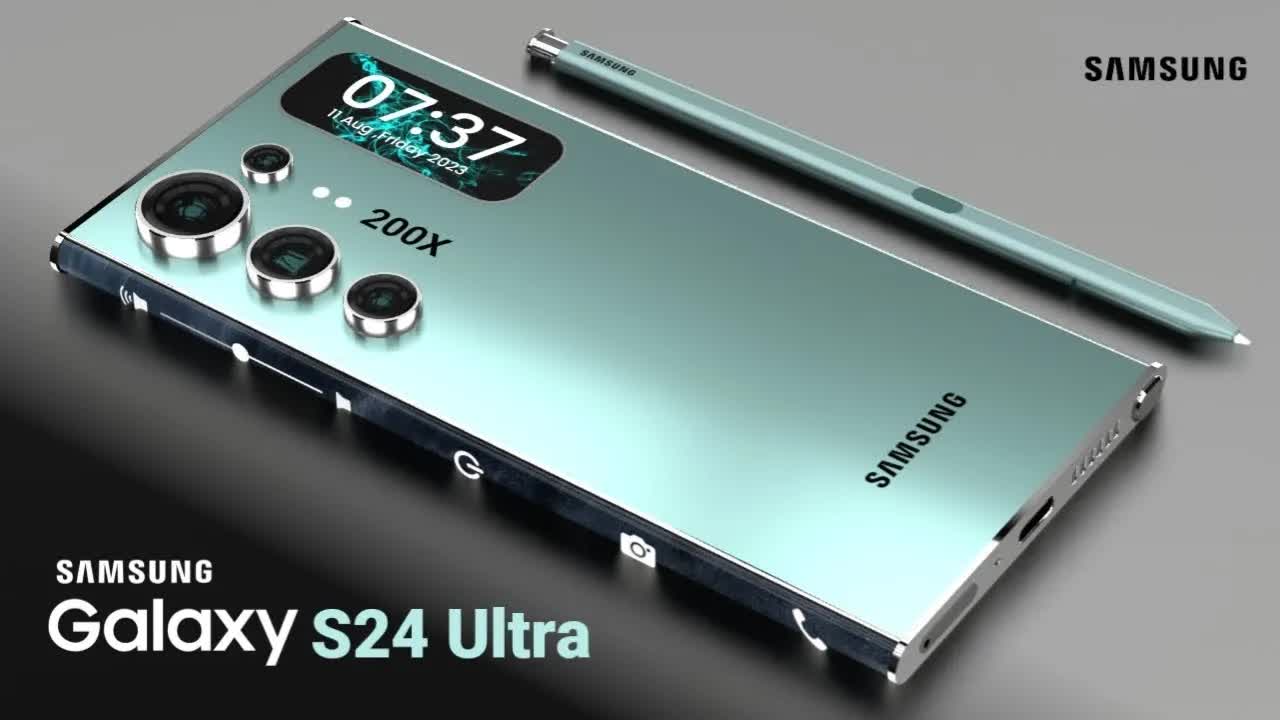Samsung Electronics has launched its latest premium smartphones, the Galaxy S24 series, incorporating multiple artificial intelligence (AI) functions to compete with Apple.
The move comes after Apple surpassed Samsung in 2023 smartphone shipments for the first time since 2010, primarily driven by strong demand for premium devices, a segment where Apple has a significant presence.
In response to the changing landscape, Samsung is focusing on AI capabilities in its Galaxy S24 models to attract consumers. Among the AI functions featured in the new smartphones is the ability for simultaneous translation of foreign language phone calls, marking a notable advancement in language communication technology.
The Galaxy S24 series claims to be the first-ever smartphone to offer two-way voice translation in real-time for live phone calls conducted in two different languages.
The on-device AI function, available in 13 languages, utilizes Samsung’s generative AI training. Other notable features include a “circle-to-search” function for searching any part of an image on the screen in Google, AI translation with options to change the tone of messages,
AI summaries and translation of voice recordings, “generative editing” of photos, and a feature that transforms real-time videos into slow-motion using AI.
On-device AI is emphasized by Samsung as a secure option for personal information, as it does not require data to be sent to the cloud for processing. The company joins Qualcomm and other tech firms in promoting on-device AI as a more secure alternative.
While only 5% of smartphones shipped in 2024 are expected to be AI-capable, Canalys forecasts a significant increase to 45% by 2027. Samsung’s Galaxy S24 series aims to capitalize on this trend, offering advanced AI features to enhance the overall user experience.
The Galaxy S24 series is set to hit the market on January 31. In the United States, the base model will be priced from $799, with higher-specification versions, the S24 Plus and S24 Ultra, priced at $999 and $1,299, respectively. Samsung has maintained the prices of the base model and Plus at the same level as last year, while the Ultra model sees a $100 increase.



